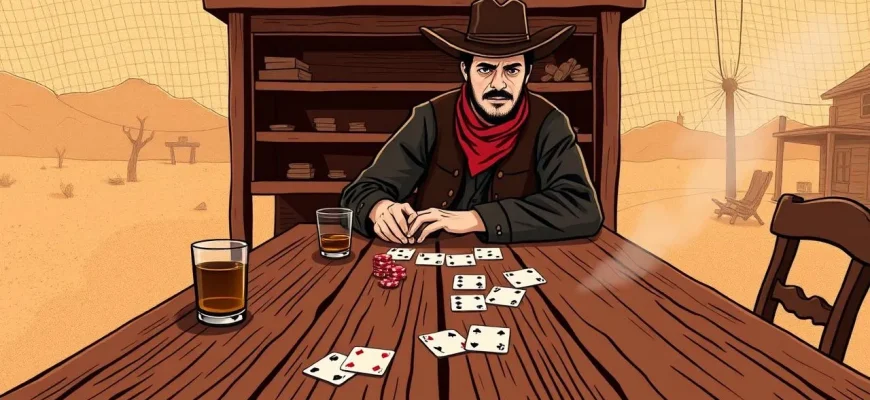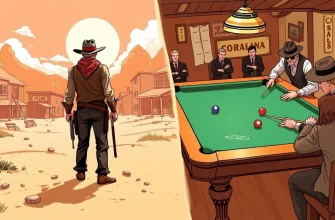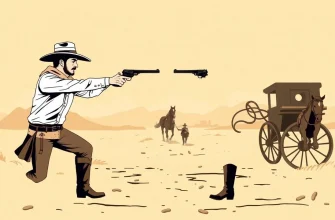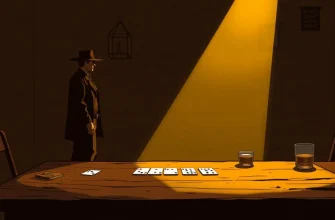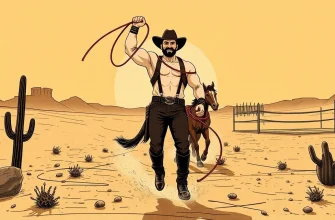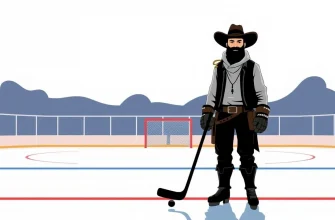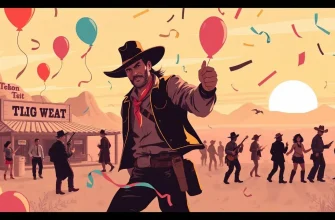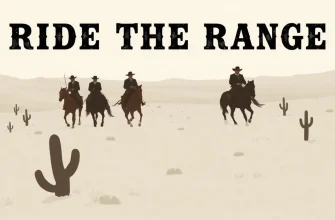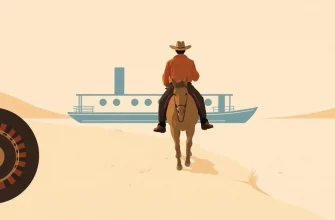The Wild West has always been a fertile ground for storytelling, and when you mix in the high-stakes world of poker, you get a unique blend of tension, drama, and the allure of the unknown. This collection of films showcases the intersection of poker and the Western genre, offering viewers a chance to experience the thrill of the game against the backdrop of the untamed frontier. Whether it's a high-noon showdown or a smoky saloon, these movies capture the essence of poker in the Old West, making for an unforgettable cinematic journey.

The Westerner (1940)
Description: This film features a poker game that leads to a significant plot development, showcasing the importance of gambling in the Old West's social fabric.
Fact: The film was directed by William Wyler and starred Gary Cooper, who was known for his Western roles.
 Watch Now
Watch Now 
The Man Who Shot Liberty Valance (1962)
Description: While primarily known for its exploration of the myth of the West, this John Ford classic includes a memorable poker scene that underscores the tension between civilization and the frontier.
Fact: The film famously ends with the line, "When the legend becomes fact, print the legend," reflecting on the nature of Western myths.
 Watch Now
Watch Now 
The Cincinnati Kid (1965)
Description: While not strictly a Western, this film captures the essence of high-stakes poker with Steve McQueen as a young poker player challenging the legendary Lancey Howard, played by Edward G. Robinson. The setting and themes resonate with the spirit of the West.
Fact: The film was based on the novel "The Cincinnati Kid" by Richard Jessup, and it features one of the most iconic poker scenes in cinema history.
 Watch Now
Watch Now 
The Rounders (1965)
Description: Featuring Henry Fonda and Glenn Ford as two cowboys who get involved in a poker game, this film blends humor with the Western genre, showcasing poker as a central element of cowboy life.
Fact: The film was based on a novel by Max Evans and was remade in 1982 with Chevy Chase and Steve Martin.
 Watch Now
Watch Now 
The Gambler (1974)
Description: Although not set in the traditional Western era, this film's focus on gambling and its consequences echoes the themes of risk and reward prevalent in Westerns. James Caan stars as a literature professor with a gambling addiction.
Fact: The film was remade in 2014 with Mark Wahlberg in the lead role, showcasing the enduring appeal of the story.
 Watch Now
Watch Now 
The Outlaw Josey Wales (1976)
Description: Clint Eastwood's character, Josey Wales, is seen playing poker in several scenes, reflecting the character's loner status and his attempt to blend into society.
Fact: Eastwood not only starred in but also directed this film, which became one of his most iconic roles.
 Watch Now
Watch Now 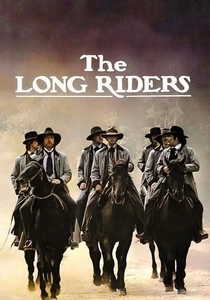
The Long Riders (1980)
Description: This film about the James-Younger gang features a poker game that leads to a pivotal moment in the story. The real-life brothers playing brothers in the film add authenticity to the Western setting.
Fact: The film was notable for casting real-life brothers to play the James and Younger brothers, enhancing the familial dynamics on screen.
 Watch Now
Watch Now 
Maverick (1994)
Description: This film follows the charming gambler Bret Maverick, played by Mel Gibson, as he tries to gather enough money to enter a high-stakes poker tournament. The movie is a delightful mix of comedy, adventure, and poker action, set in the colorful world of the Old West.
Fact: The film was inspired by the 1950s TV series of the same name, and it features a cameo by the original Maverick, James Garner.
 Watch Now
Watch Now 
The Big Trail (1930)
Description: This epic Western includes scenes of poker games among the pioneers, highlighting the role of gambling in the westward expansion.
Fact: It was one of John Wayne's earliest starring roles, and the film was shot in an early widescreen process known as "Fox Grandeur."
 Watch Now
Watch Now 
The Great Train Robbery (1903)
Description: This silent film, one of the earliest Westerns, includes a scene where a poker game is interrupted by a train robbery, setting the stage for the genre's love affair with gambling.
Fact: It's considered one of the first narrative films, and its influence on Western cinema is profound.
 30 Days Free
30 Days Free 
